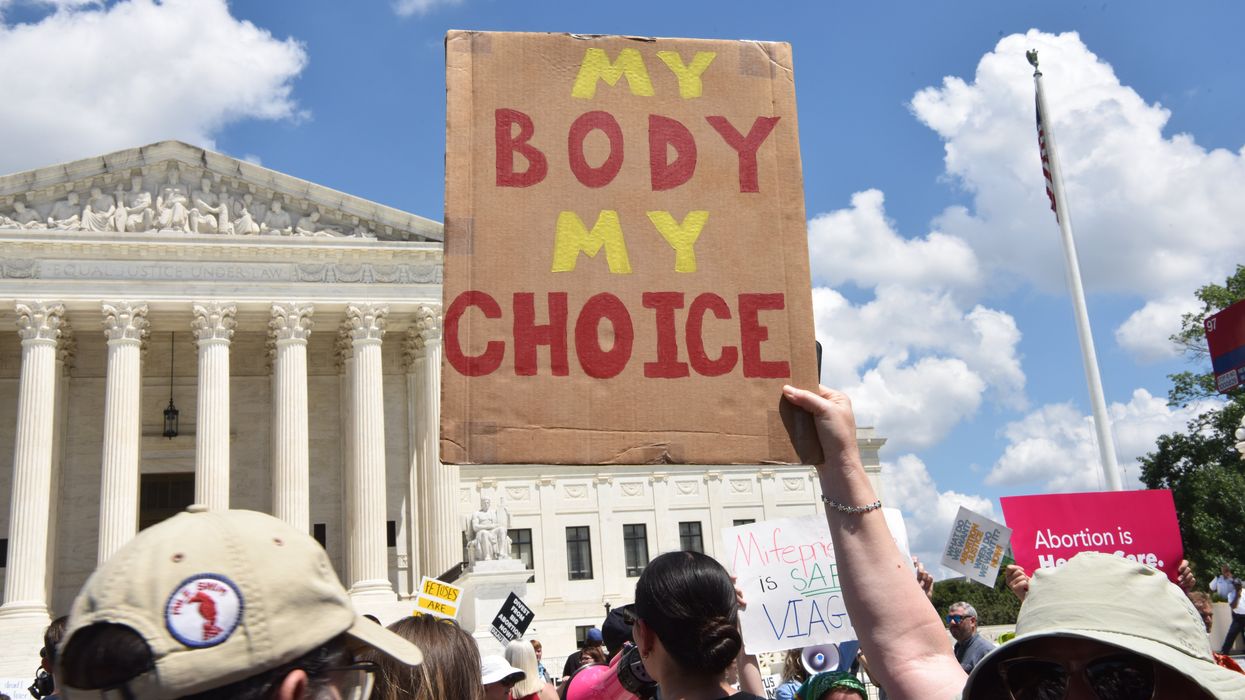In the latest episode of The Afakasi Podcast, host KJ Mauwong delves into a crucial topic: the right to privacy and its implications in the wake of recent developments in the Supreme Court.
Mauwong and his guests talked about Roe v. Wade and the Dobbs decision that reversed it. The discussion revolved around the broader context of personal rights, autonomy and the shadow of the law known as "penumbra." The podcast explores the Supreme Court's role, potential judicial overreach, and the constant evolution of interpretations.
The conversation takes a contemporary turn as the trio delves into the impact of technology on privacy rights, considering the intrusion of companies into personal lives, data collection, and the challenges posed by the democratization of information. The conversation prompts listeners to think about the complexities of privacy, especially in the digital age.
As the dialogue unfolds, the participants touch on historical cases, from Dred Scott to present-day challenges, emphasizing the ongoing struggle to define and protect privacy rights. The discussion evolves into a call for civic engagement, urging listeners to be informed voters, to scrutinize their elected officials, and to actively participate in the democratic process.
In the closing remarks, Mauwong emphasized the importance of education and encouraged listeners to be proactive in shaping their democracy. This episode serves as a reminder that democracy is a living entity, requiring constant care and engagement from its citizens.
Remember to check out The Democracy Group Podcast Fellowship, where passionate individuals, especially college and high school students, can learn to launch their podcasts. Apply at democracygroup.org/fellowship. The fellowship is sponsored by the Bridge Alliance, which operates The Fulcrum.




















Trump & Hegseth gave Mark Kelly a huge 2028 gift